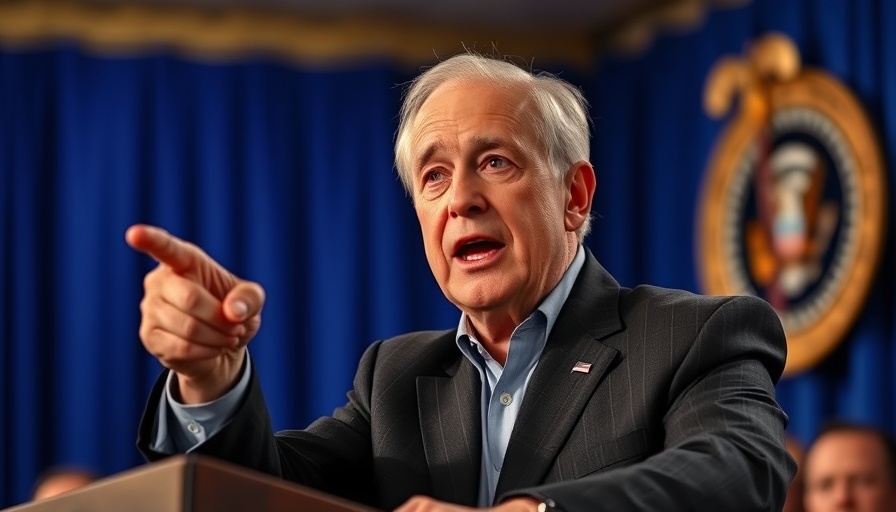
Trump's Tariff Calculations: A Misguided Economic Strategy
Recently, the Trump administration announced a controversial set of tariffs it termed "reciprocal," with rates ranging from 10 percent to 50 percent calculated for every nation worldwide. However, a closer analysis reveals that these tariffs leverage a flawed methodology based solely on bilateral trade deficits rather than actual market conditions or foreign tariff policies.
The Misconception of Bilateral Trade Deficits
In the framework set by the administration, the calculated tariffs do not reflect genuine economic activity. Instead, they rely on the simplistic premise that a nation’s trade deficit determines its tariff burden. This concept disregards crucial factors shaping international trade dynamics, such as service trades and direct tariffs.
For instance, both Singapore and Brazil could end up with similar tariff rates despite vastly different approaches to trade. While Singapore actively promotes free trade, Brazil maintains high tariffs, leading to inaccurate portrayals of trade relationships under the new tariffs.
Consequences for Economic Growth
The implications of this tariff regime are vast, particularly for American households. Estimates suggest a cumulative cost of approximately $3.1 trillion over the next decade, equating to a substantial tax increase of about $2,100 per household by 2025. Such economic burdens threaten growth and ultimately counteract the intended goal of reducing the trade deficit.
Why Tariff Calculations Matter
The administration’s failure to accurately measure international tariffs means that American consumers and businesses may face inflated prices and reduced access to imported goods. The reliance on unidimensional trade data can result in sweeping policy errors that could harm the economy rather than help it.
Your Perspective Matters
As the landscape of trade evolves, understanding these economic calculations and their repercussions is crucial. Engaging in discussions about trade policy is imperative as it affects everything from prices at the grocery store to job markets. Your voice can help advocate for fairer, more effective trade agreements that foster mutual economic benefits.
 Add Row
Add Row  Add
Add 




Write A Comment